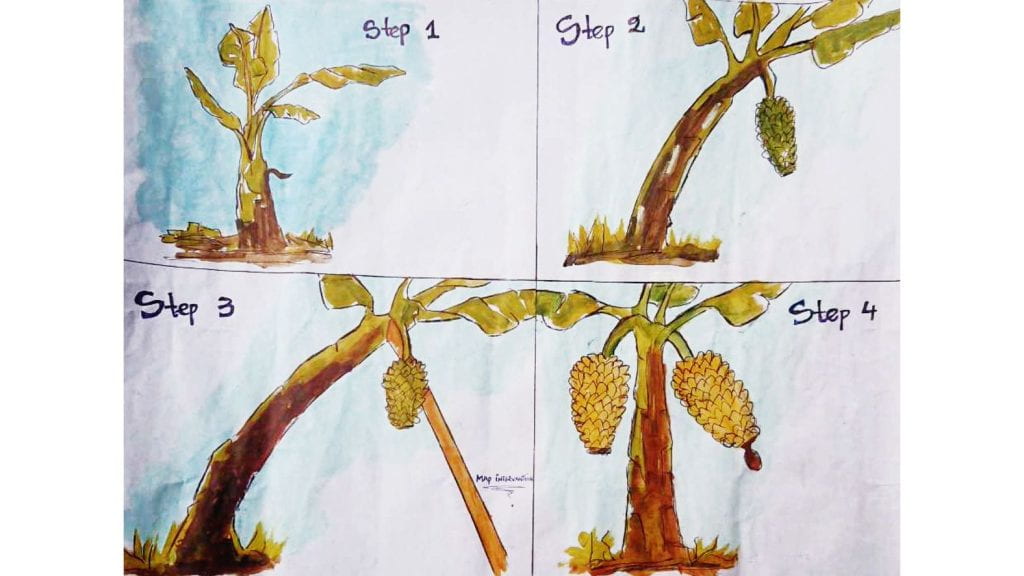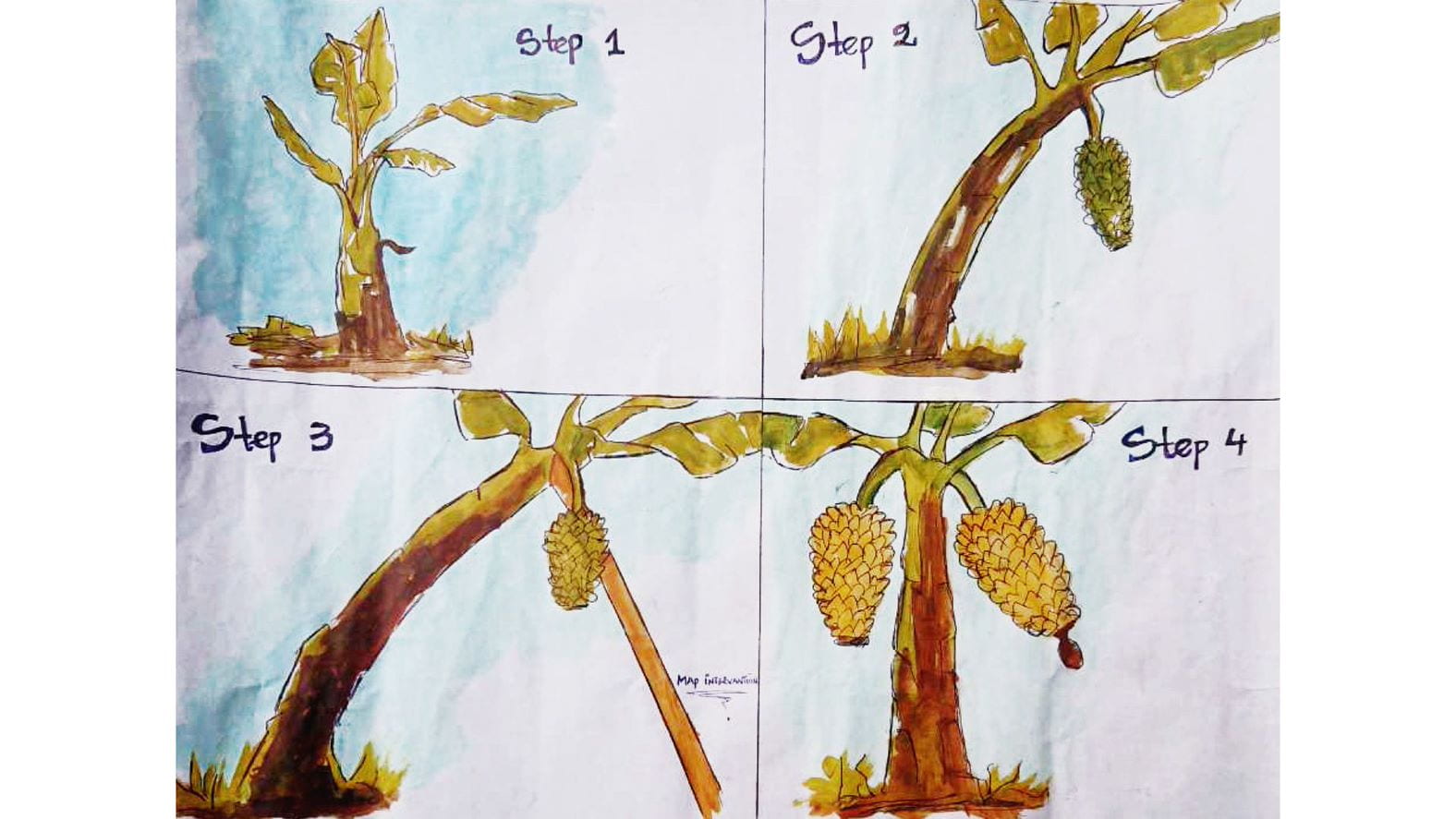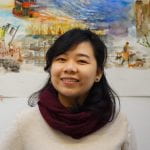Latest posts
- Journal article: Reimagining Peace Education in Nepal: Arts-Based, Learner-Centric Pedagogy for Social Justice and Equity 13 July 2025
- Curricula: Mithila art-focused local curriculum in Nepal 2 July 2025
- MAP International Online Conference 2025 1 June 2025
- Policy brief: Gira Ingoma book and policy brief: “The Culture We Want, for the Woman We Want” 28 November 2024
- Manuals and toolkits: GENPEACE Children’s Participation Module in the Development Process 13 November 2024
- Journal article: [Working Paper] Gira Ingoma – One Drum per Girl: The culture we want for the woman we want 30 October 2024
- Curricula: Beyond Tradition: Psychosocial Model 30 October 2024
- Curricula: Beyond Tradition Module: Revitalizing Lenong as a Model for Teaching Betawi Arts 30 October 2024
- Curricula: Beyond Tradition: Lenong Revitalisation as a Model for Teaching Betawi Cultural Arts 30 October 2024
- Beyond Tradition Lenong Performance “RAWR…! Kite Kagak Takut” 30 October 2024
- Journal article: [Working Paper] Facing Heaven – Déuda Folklore & Social Transformation in Nepal 30 October 2024
- Curricula: Building Community Curriculums 24 October 2024
MAP Impact Week 2023: A moment of reflection and celebration
- Advocating for progressive education
- Cultivating well-being and mental health
- Tackling child and gender-based violence
Author
By Vina Puspita (MAP Project Research Officer)
From 17-20 July 2023, MAP hosted an Impact Week online event, bringing together MAP young people and stakeholders (youth facilitators, educators, cultural artists, social workers and policymakers) to share how MAP has impacted them and their communities. The MAP Impact Week was funded by the University of Lincoln to showcase and advance the impact of research at the University of Lincoln in partnership with MAP partner countries (Rwanda, Nepal, Kyrgyzstan and Indonesia). As an alternative to oral/written testimonies, MAP young people and stakeholders were also invited to share their reflections on impact using arts-based methods. A workshop focusing on impact and arts-based methodologies was then provided to support participants with the preparation.
Through an open call process, 10 candidates from each country were selected to cover a range of stakeholders and art forms, resulting in a total of 40 participants (individuals and groups) who presented at the MAP Impact Week. Of these, 30 presenters created and submitted their reflections on impact in a variety of art forms, including drawings, paintings, collages, film/video, poetry and songs. The event took place online, with each country team presenting each day. Alongside the main Impact Week event, a virtual exhibition was created to showcase their powerful and impactful artworks.
During MAP Impact Week, presenters shared testimonies and arts-based reflections on the impact of MAP. A Jamboard was used to record key messages from each presenter during their presentation, capturing impact at individual, group/organisational, community and regional/national levels. Emerging themes from each country were also identified, for example in Rwanda, presenters shared how the MAP methodology has been implemented in schools and health centres to help students, young people, and families cope with trauma and promote psychosocial wellbeing. One participant shared his drawing of a banana tree in four stages to represent how his life was ‘heavy’ as he was growing up, but then supported by the existence of MAP as a steppingstone that impacted on his vision, skills, mental health, well-being and friendship, leading to resilience.

From the Indonesian session, it emerged that MAP is widely perceived as a creative space or platform that enables youth agency in the community (e.g. neighbourhood and organisation). Through testimonies and the short film/video prepared for the MAP Impact Week, young people shared how MAP provides a supportive environment where they feel empowered and able to express their views. One participant said:
“I used to not care about my neighbourhood even though I know there are many problems. But that has changed since I joined MAP. I care more and I start to think of ways to contribute”.
A young Indonesian youth researcher
This shows how their involvement in arts-based peacebuilding with MAP enhances their sense of place and agency. A cultural artist who works closely with MAP young people also humbly testifies that working with young people in MAP has influenced the way he sees the younger generations and has more faith in them.
In Nepal, MAP activities are widely implemented in schools. By working closely with university students, MAP has been able to inform the local curriculum and influence the teaching and learning process, as well as raising awareness of gender equality. The use of arts-based methods in the classroom has had a positive impact on the students’ learning experience, as demonstrated by the live image theatre performance during the MAP Impact Week. A teacher mentioned that the young people have shown changes in their behaviour, self-esteem, and performance at school and in the community where they become more responsible and self-motivated.
Similarly, in Kyrgyzstan, where MAP is primarily based in schools, MAP was seen to have a significant impact on the way students, teachers and parents cooperate. One young participant talked about how she had improved her critical thinking skills and her relationship with her parents:
“At first my parents were against me joining MAP because I spent a lot of time outside and didn’t help with household chores. However, they noticed positive changes in me and became interested in what I was doing. Now they are very supportive.”
A young Kyrgyz youth researcher
In addition, the use of arts-based approaches, particularly Forum Theatre, has enabled young people to engage with policy makers. One local authority leader expressed his support for the continuation of the MAP project, where more policy makers could see and better understand young people’s voices.
The MAP Impact Week was a wonderful and valuable opportunity for all MAP participants and stakeholders to come together and share not only their professional but also their personal stories in a welcoming and safe space. Despite the retrospective and reflective nature of the event, MAP Impact Week was also a moment to celebrate what has been done, developed, and achieved in the MAP research project. One of the beautiful things about the event was that it was an opportunity to recognise the hard work of the team, to appreciate everyone’s contribution and just to simply say “thank” you to the people they work with.
To echo what the Kyrgyz co-investigator said after the event, “it’s good to have a moment to breathe, listen and enjoy the results”.
Download the MAP Impact Week Programme Booklet:
MAP Impact Week 2023 – Programme Booklet.pdf
Link to virtual exhibition: https://artspaces.kunstmatrix.com/node/12031030

